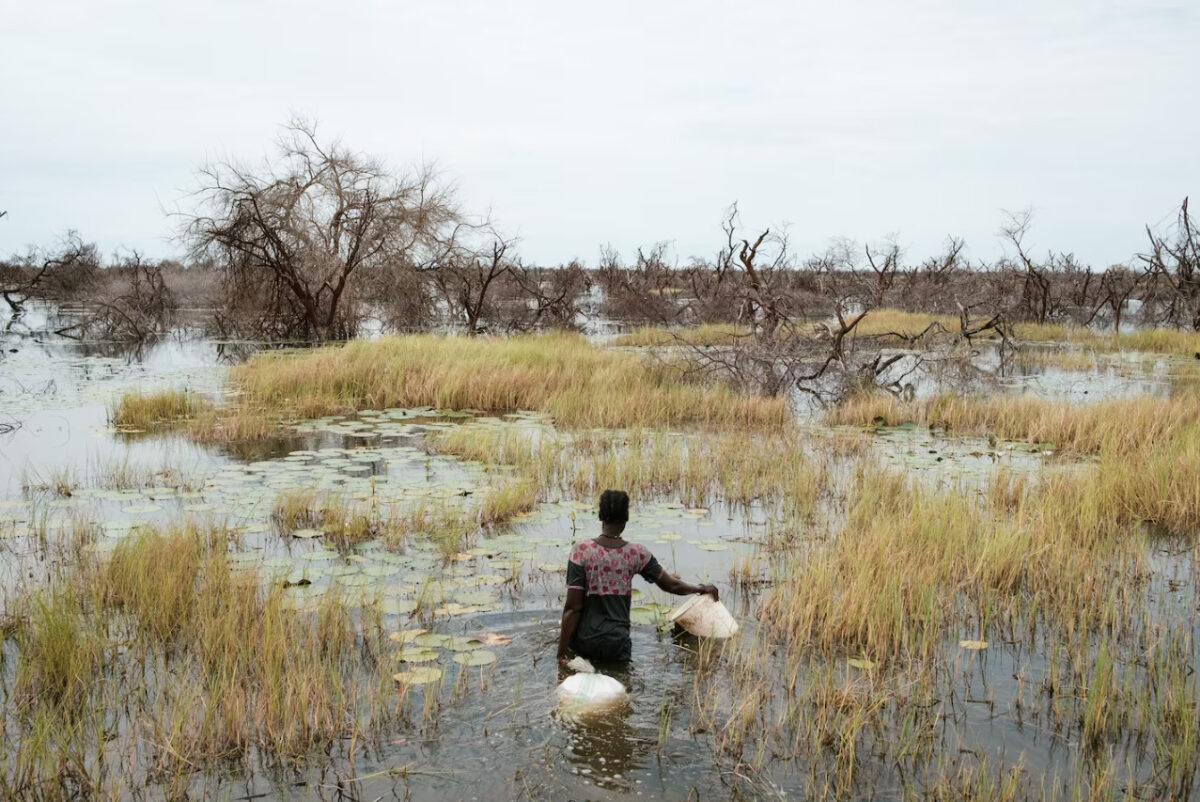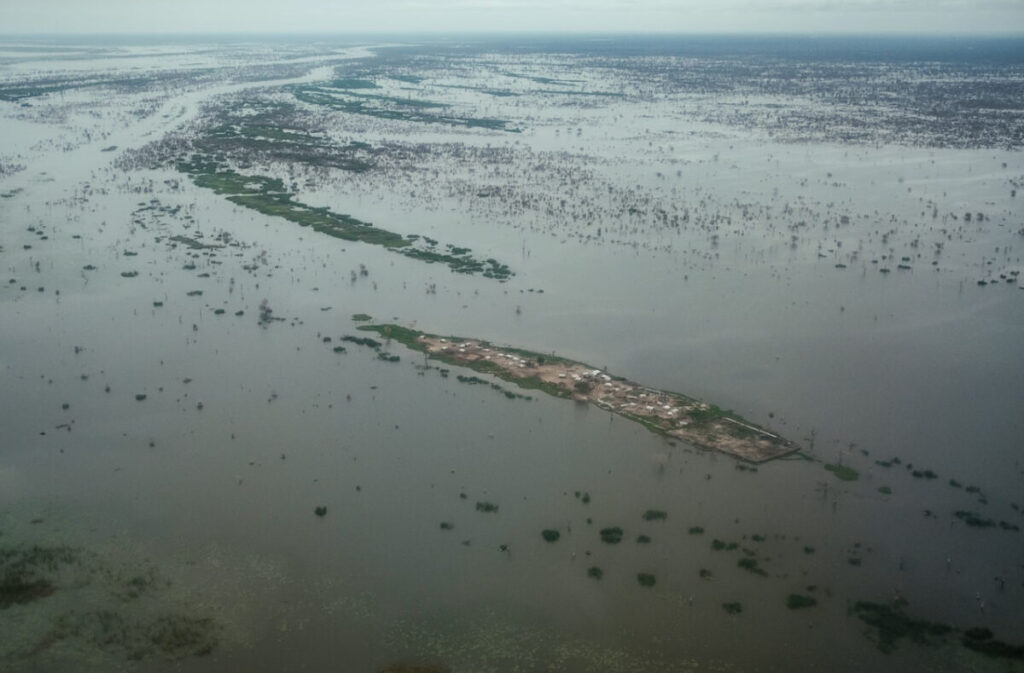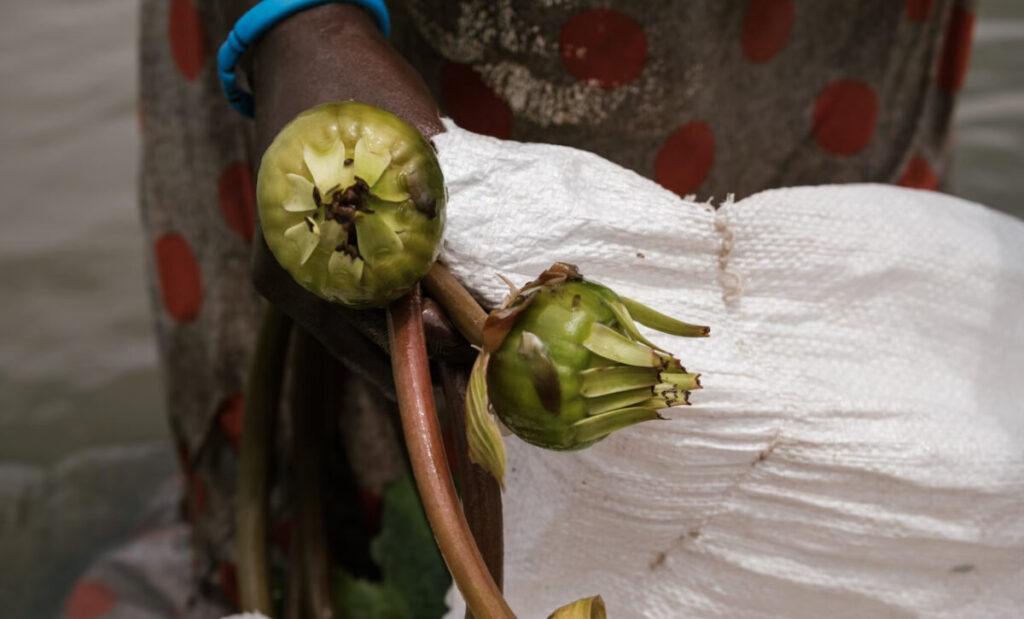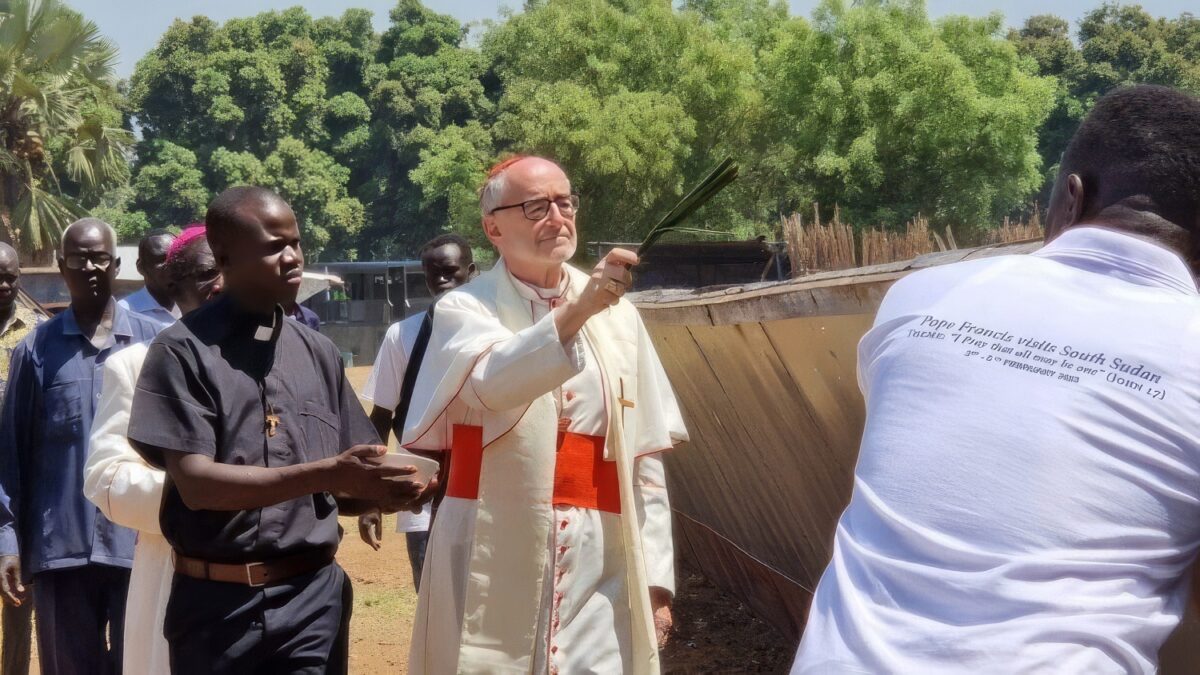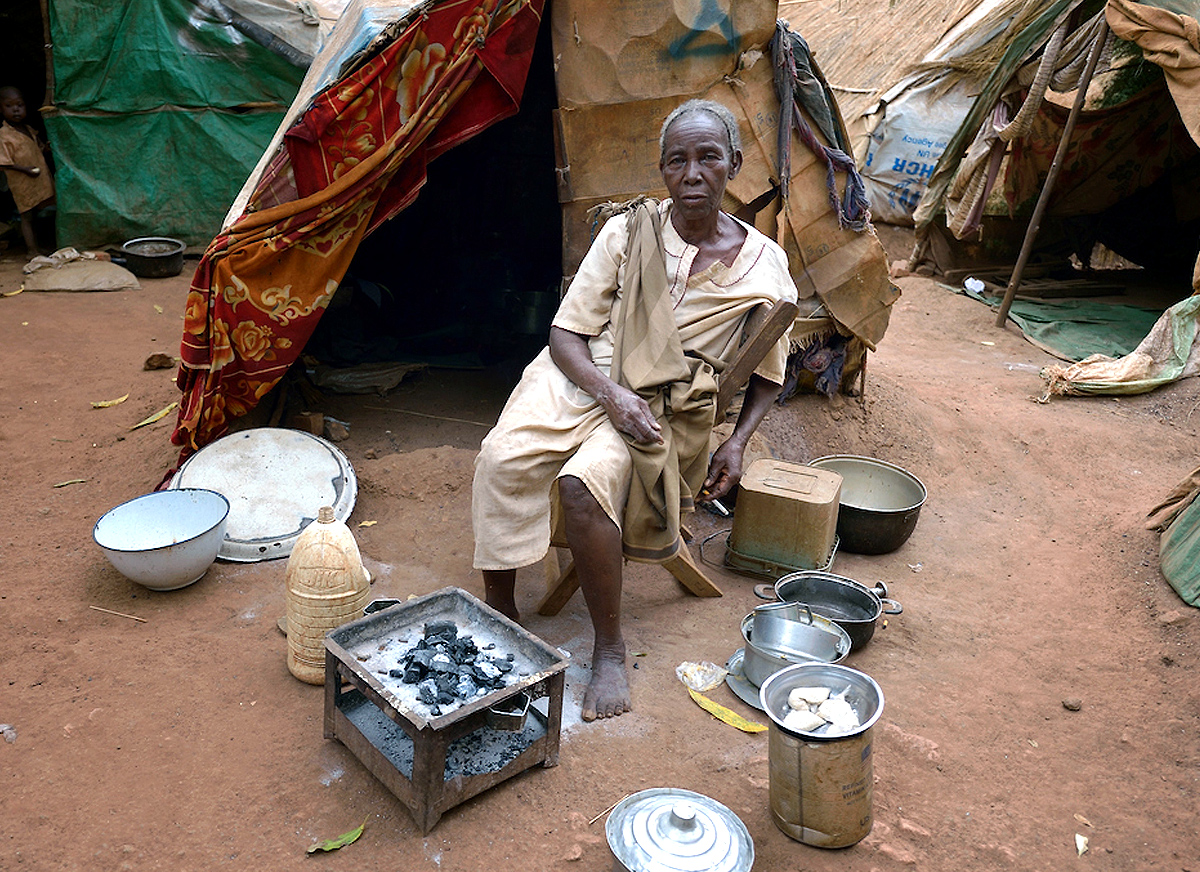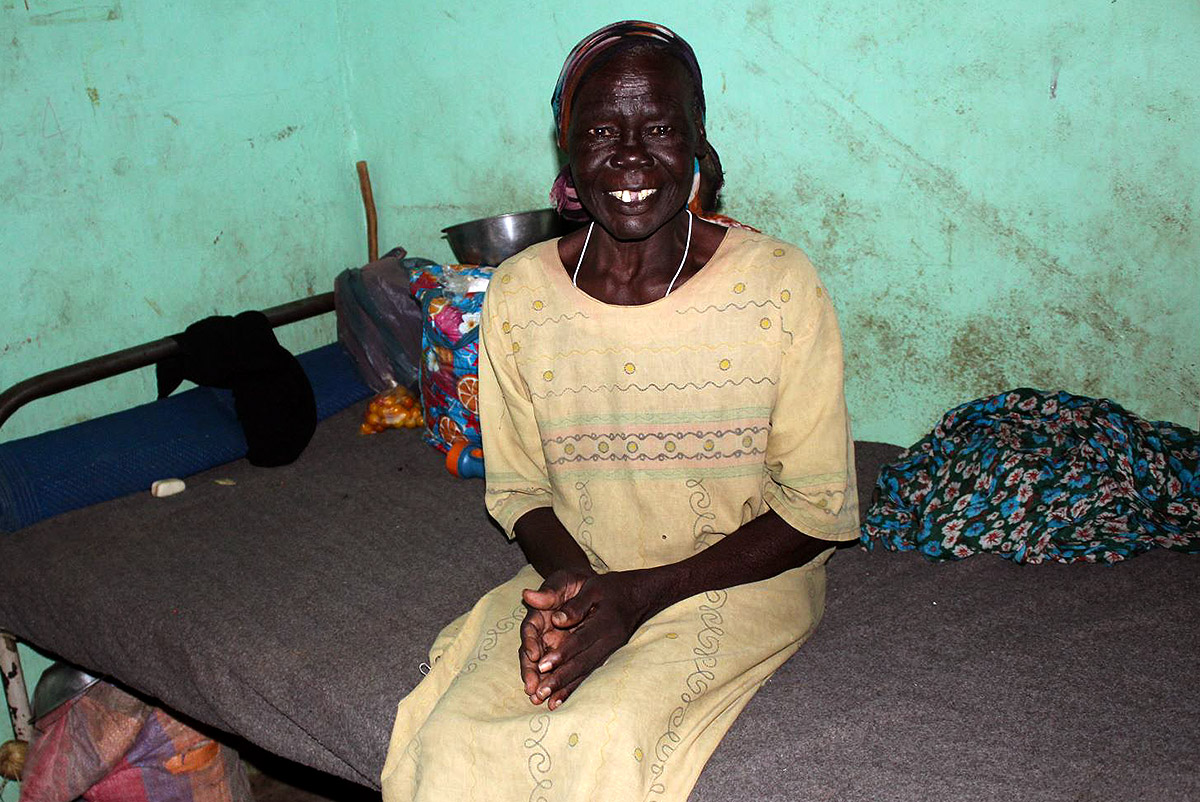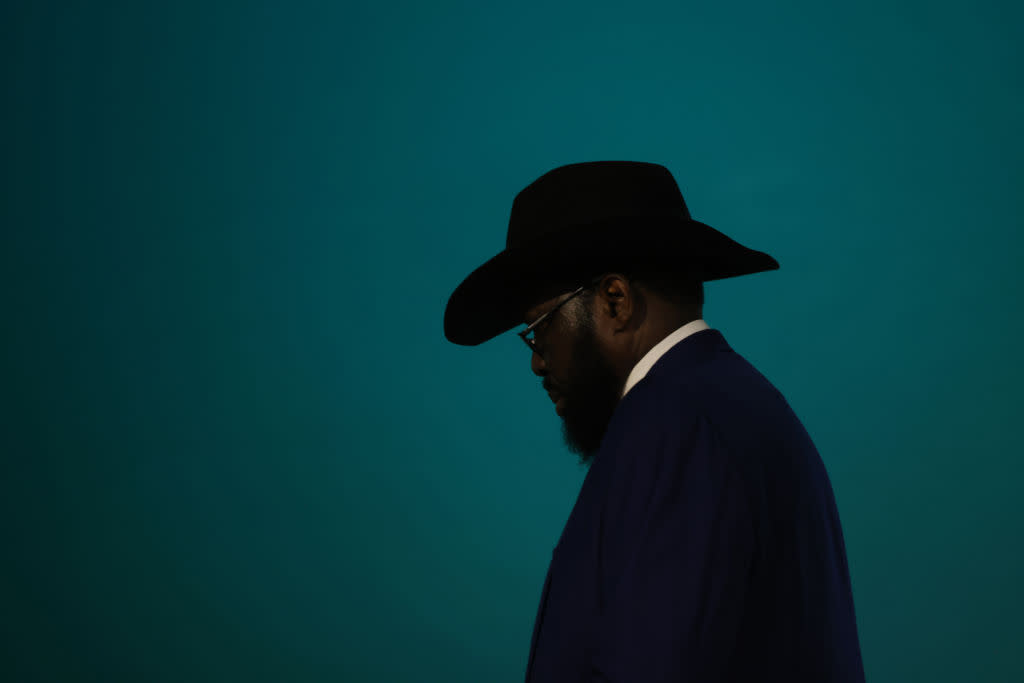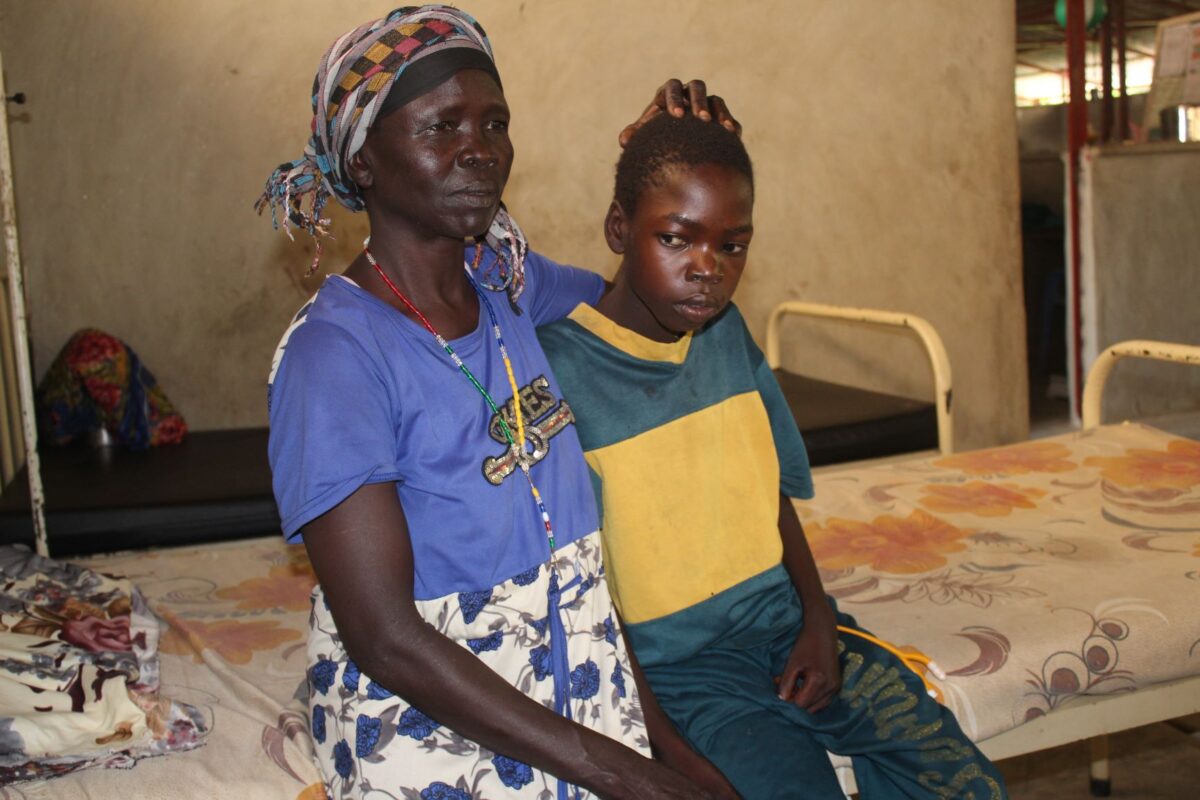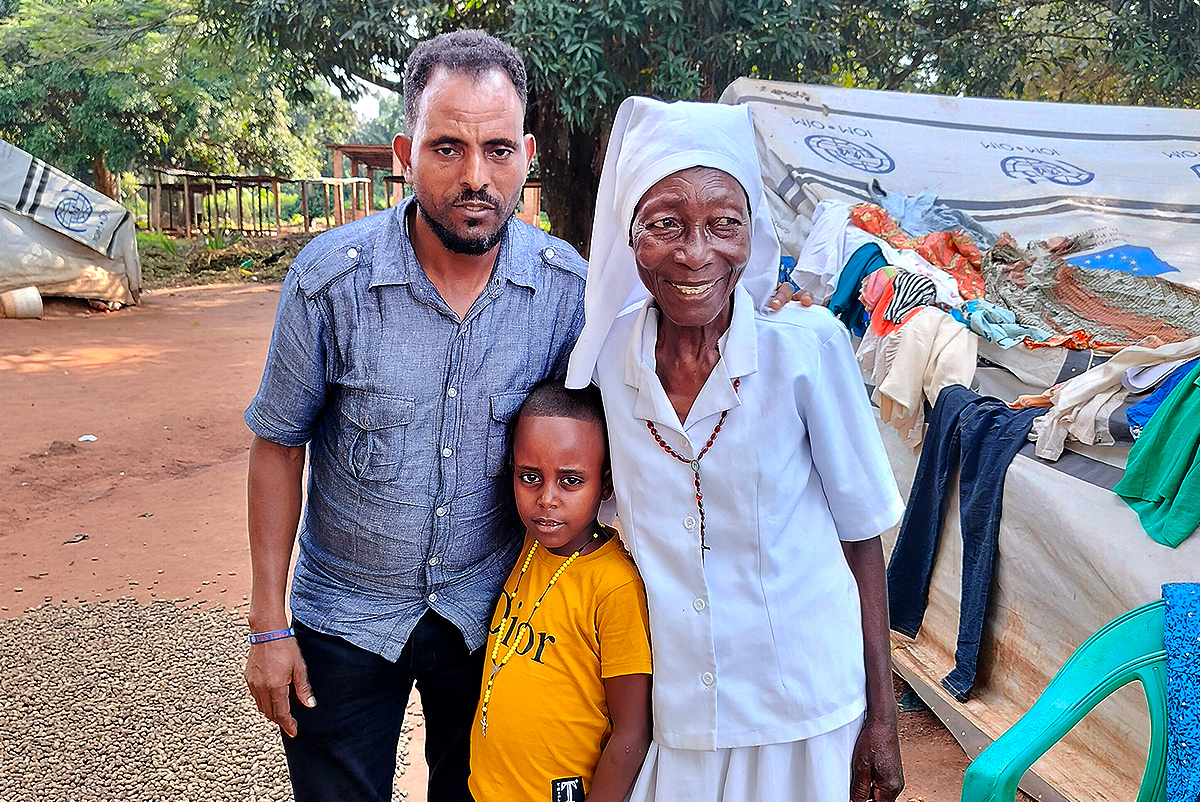
Obbo
A Reunion Against the Odds: Boy Raised at Orphanage Finally Meets his Father
Obbo doesn’t remember the day he came to live at St. Bakhita Orphanage. He has no recollection of being entrusted into the care of the faithful Sister Bianca Bii, who has courageously watched over orphans for decades and still oversees 100 children today.
Obbo was just a one week old infant when he arrived at the orphanage. For all intents and purposes, he was an orphan of war – a tragic result of the simple fact that Obbo’s father, Eliakim, was of Eritrean descent, and his mother was Ethiopian.
No sooner had Eliakim and his wife given birth to their one week old son, than a violent and bloody war broke out between Eritrea and Ethiopia. At that tumultuous time, couples in marriages between Eritreans and Ethiopians were forced to divorce, and families were torn apart. Obbo’s mother fled. A baby boy was caught in the middle.
Eliakim did not want to abandon his infant son. But in the midst of the conflict he had no way to care for his brand new baby. Having to make a quick and very difficult decision, he brought Obbo to Sister Bianca at St. Bakhita Orphanage. He asked her to take good care of him.
Obbo grew up never knowing any life or family other than that at St. Bakhita Orphanage. If you can call an orphan “lucky,” Obbo was one of the lucky ones to have made it to a place where he was well cared for. Thanks to faithful donors who sponsor St. Bakhita Orphanage, children here have enough food to eat, clean water to drink, clean clothes to wear, their own bed to sleep in, medical care, and the opportunity to go to school.
Obbo lives in a newly constructed building that by the generosity of donors was just completed. The expanded area allows for more children to be taken in. Then one day, an unexpected thing happened.
A man came to St. Bakhita Orphanage asking about Obbo. It was his father. For the first time in thirteen years, an emotional Eliakim was able to look upon the face of his son. He was moved with gratitude to Sister Bianca that Obbo was well and healthy, and that Eliakim was able to find him after two relocations of the orphanage from where he placed him all those years ago.
Since the reunion between father and son, Obbo has gone to live with his father and Eliakim’s extended family. Obbo will be completing his studies and getting to know his relatives. He is happy to have the chance to get to know his father – something he never imagined would be possible.
Stories like Obbo’s are possible, but only because St. Bakhita Orphanage was there at a critical moment, and was equipped to care for him and many other children. Thanks to your support, Obbo’s orphan journey has come to a blessed conclusion, and many other orphaned children continue to have a place to call home.
Would you like to pray for us? Sign up for our email prayer group to receive weekly emails sharing important needs to pray for. You’ll join a faith community around the globe praying to bring hope and help to suffering people in a forgotten part of the world. Click here to find out more.

